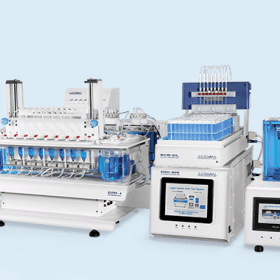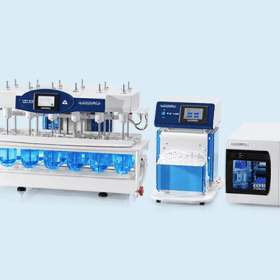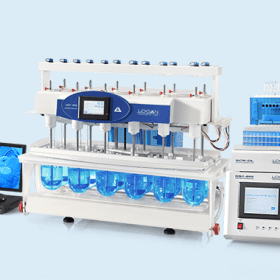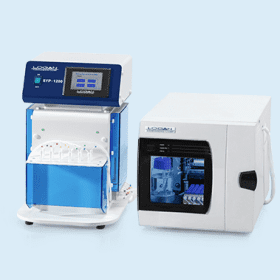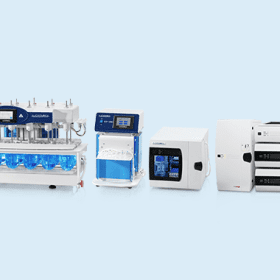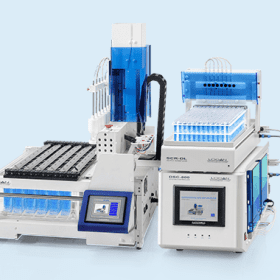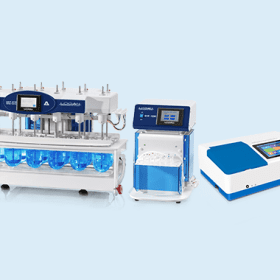Camrelizumab (SHR-1210) is a potent humanied high-affinity IgG4-κ monoclonal antibody (mAb) to PD-1. Camrelizumab binds PD-1 at a high affinity of 3 nM and inhibits the binding interaction of PD-1 and PD-L1 with an IC50 of 0.70 nM. Camrelizumab acts as anti-PD-1/PD-L1 agent and can be used for cancer research, including NSCLC, ESCC, Hodgkin lymphoma, and advanced HCC et,al[1][2].
[accordions]
[accordion title= “Biological Description“]
| Description | Camrelizumab (SHR-1210) is a potent humanied high-affinity IgG4-κ monoclonal antibody (mAb) to PD-1. Camrelizumab binds PD-1 at a high affinity of 3 nM and inhibits the binding interaction of PD-1 and PD-L1 with an IC50 of 0.70 nM. Camrelizumab acts as anti-PD-1/PD-L1 agent and can be used for cancer research, including NSCLC, ESCC, Hodgkin lymphoma, and advanced HCC et,al[1][2]. |
| Targets&IC50 | PD-1/PD-L1 interaction:0.70 nM (IC50) |
| In vitro | In a T cell proliferation assay using tuberculin treated peripheral blood mononuclear cells, Camrelizumab induces a T cell proliferation at an EC50 of 0.11 nM. In a similar assay measuring IFN-gamma secretion, Camrelizumab induces IFN-gamma production at an EC50 of 0.38 nM[2]. |
| In vivo | Camrelizumab (3 mg/kg) combines with apatinib (200 and 100 mg/kg) inhibits the tumor inhibition rates reached 63.1% and 87.3%, respectively in human PD-1 transgenic mice[1]. |
[/accordion]
[accordions]
[accordion title= “References and Literature“]
1. Kuimin Mei, et al. Camrelizumab in combination with apatinib in second-line or above therapy for advanced primary liver cancer: cohort A report in a multicenter phase Ib/II trial. J Immunother Cancer. 2021 Mar;9(3):e002191.2. Jason D Lickliter, et al.A First-in-Human Dose Finding Study of Camrelizumab in Patients with Advanced or Metastatic Cancer in Australia. Drug Des Devel Ther3. Caicun Zho, et al.Camrelizumab plus carboplatin and pemetrexed versus chemotherapy alone in chemotherapy-naive patients with advanced non-squamous non-small-cell lung cancer (CameL): a randomised, open-label, multicentre, phase 3 trial. Lancet Respir Med. 2021 Mar;9(3):305-314.
[/accordion]



